What treatment
10+ Highly Rated Stem Cell Treatment for Blood Diseases Clinics in South Korea
Reach Out to These Certified Stem Cell Treatment for Blood Diseases Clinics List in South Korea Loved by Patients!
Chaum Medical Center
Overview
Premium healthcare at Chaum Medical Center, Seoul. Personalized anti-aging, stem cell therapy, and advanced medical services for a youthful life.
Read more detailsYonsei BH Clinic
Overview
Yonsei BH Clinic offers advanced stem cell therapy in Seoul, South Korea, for erectile dysfunction, anti-aging, Parkinson disease, dementia, diabetes, and more.
Read more detailsAllheart plastic surgery
AllHeart Plastic Surgery in Gangnam specializes in advanced cosmetic procedures, offering expert care in a modern facility for natural and safe results.
HELENE - Stem Cell Clinic
Overview
Japan Regenerative Medicine Leading Brand With over a decade of experience and more than 16,000 treated patients. Providing cutting-edge stem cell therapies tailored to various health concerns.
Read more details
Discover your treatment options with a free, no-obligation quote!
Get your quote now!Vega Stem Cell Clinic in Bangkok Thailand
Overview
Vega Clinic in Bangkok, Thailand, helps people feel better with special treatments. They use new ways to heal and make sure each person gets care made just for them.
Read more details
GIOSTAR Hospital Bengaluru
Overview
Discover GIOSTAR Hospital in Bengaluru, India—your go-to center for advanced stem cell therapies and cutting-edge procedures for orthopaedics. Explore treatments for diabetes, stroke, SCI, and more.
Read more details
Dr. Ebenezer Abel Paul - Stem Cells in Malaysia
Overview
Explore Stem Cells in Malaysia with Dr. Ebenezer Abel Paul, offering cutting-edge regenerative therapies and advanced stem cell treatments.
Read more details
Dr. Pravin Patel's Innovative Hospital & Research Center
Overview
Dr. Pravin Patel's Innovative Hospital provides best stem cell treatment in Gujarat, India. Also offers Ozone therapy, Quantum therapy , EBOO therapy, Frequency & Laser Therapy at affordable cost.
Read more details
Discover your treatment options with a free, no-obligation quote!
Get your quote now!FirstCell Malaysia
Overview
FirstCell specialize on cell-based medicine and treatments especially via MSC and NKC to enhance wellness and for targeted treatment modules. We are committed in delivering excellent treatment.
Read more details
Live Stem Cell Asia - Premier Stem Cell Clinic in Malaysia
Overview
Discover advanced stem cell Malaysia treatments at Live Stem Cell Asia, Petaling Jaya. Experience personalized care and innovative regenerative solutions.
Read more details
StemRx Hospital and Research Centre
Overview
At StemRx Hospital & Research Centre, We specialize in advanced Regenerative Medicine & Stem Cell therapy for Autism, Cerebral Palsy, Orthopedics, Migraine, AVN & IVF providing personalized care.
Read more details
Klinik Setia Gemilang
Overview
Klinik Setia Gemilang: Leading in stem cell therapy, orthopedic treatments, and anti -ageing solutions Malaysia . It is part of Setia Gemilang Medicare which houses a clinic and dentist
Read more detailsBeike Biotech
Overview
Beike Biotechnology offers the best stem cell therapy in Thailand, combining top-quality regenerative treatment with cutting-edge technology for optimal patient care.
Read more detailsBoston Health Longevity - Anti Aging Stem Cell Therapy in Thailand
Overview
Experience advanced Anti Aging Stem Cell Therapy in Thailand at Boston Health Longevity. Improve cellular health, vitality, and longevity with expert care.
Read more detailsHebei Yanda International Hospital
Overview
Hebei Yanda International Hospital in Beijing, China, addresses your healthcare needs with expert oncology, cardiology, and neurology treatments.
Read more detailsMousai Wellness Center - Stem Cell Bangkok Thailand
Overview
Discover advanced Stem Cell treatments in Bangkok, Thailand at Mousai Wellness Center. Safe, innovative, and personalized care for lasting wellness.
Read more detailsNulook Anti-Aging & Regenerative Center
Overview
Nulook Anti-Aging & Regenerative Center in Bali, Indonesia offers Botox, Ultherapy, Dermal Fillers, Thermage, PRP, Pico Laser and more.
Read more detailsReeLabs Stem Cells in Mumbai, India
Overview
ReeLabs provides advanced Stem Cell Mumbai services, including stem cell banking and therapy for safe preservation and future medical use.
Read more detailsSCF Clinic - Stem Cell Bangkok Thailand
Overview
Experience advanced Stem Cell Bangkok Thailand at SCF Clinic. We offer CAR-T, NK Cell therapy, Exosomes, Multi-Cancer Early Detection & Anti-Aging programs.
Read more detailsStay Well Clinic & Physio
Overview
Discover advanced Stem Cell and NK Cell therapies at Stay Well Clinic & Physio in Phuket, Thailand. Experience cutting-edge treatments for optimal health.
Read more detailsWhich are the best clinics for Stem Cell Treatment for Blood Diseases in South Korea?
For effective Stem Cell Treatment for Blood Diseases in South Korea, consider clinics renowned for their advanced regenerative medicine and stem cell therapies. Top facilities like Chaum Medical Center and Yonsei BH Clinic in Seoul are recognized for innovative approaches to various conditions, including those related to hematologic disorders, prioritizing patient safety and advanced care.
South Korea stands out as a leading destination for specialized medical treatments, including cutting-edge stem cell therapy. When searching for clinics equipped to handle blood diseases with stem cells, two notable institutions in Seoul offer high-quality care. Chaum Medical Center provides premium healthcare with personalized stem cell therapy programs, focusing on integrating advanced medical services for systemic conditions that often include blood-related issues. Similarly, Yonsei BH Clinic is recognized for its broad application of advanced stem cell therapy across a spectrum of health challenges. While direct explicit mention of "blood diseases" might vary by clinic, their comprehensive regenerative medicine platforms often encompass treatments that benefit hematologic disorders by promoting cellular repair and regeneration. Both centers emphasize advanced treatment protocols, patient safety, and a holistic approach to health.
What types of blood diseases can be treated with stem cell therapy in South Korea?
Stem cell therapy in South Korea can address various hematologic conditions, primarily through hematopoietic stem cell transplantation (HSCT) for disorders like leukemia, lymphoma, multiple myeloma, and aplastic anemia. Additionally, ongoing research and advanced regenerative medicine clinics may explore applications for other blood-related immune or genetic conditions.
South Korean stem cell clinics are at the forefront of treating a range of blood diseases, primarily utilizing hematopoietic stem cells. These treatments are particularly effective for conditions where the blood-forming cells in the bone marrow are damaged or diseased. Common diseases targeted include:
- Leukemia: Cancers affecting blood and bone marrow, like acute myeloid leukemia (AML) and acute lymphoblastic leukemia (ALL).
- Lymphoma: Cancers originating in lymphocytes, such as Hodgkin and non-Hodgkin lymphoma.
- Multiple Myeloma: A cancer of plasma cells.
- Aplastic Anemia: A rare condition where the body stops producing enough new blood cells.
- Myelodysplastic Syndromes (MDS): Disorders where the bone marrow doesn't produce enough healthy blood cells.
How to prepare for stem cell treatment for blood diseases at a Korean clinic?
Preparing for stem cell treatment in South Korea involves comprehensive medical evaluations, including detailed blood tests and imaging, to assess suitability and tailor the therapy. Patients will receive specific pre-treatment instructions, often involving medication adjustments and lifestyle guidelines, which are crucial for optimizing treatment outcomes and ensuring safety.
Preparation is a critical phase for successful stem cell treatment for blood diseases in South Korea. Clinics typically guide patients through a structured preparatory process:
- Thorough Medical Assessment: This includes extensive blood work, bone marrow biopsies, genetic testing, and organ function evaluations to confirm diagnosis, assess disease stage, and ensure the patient is physically fit for the procedure.
- Treatment Plan Discussion: Specialists will detail the specific stem cell protocol, including the source of stem cells (e.g., autologous from the patient, allogeneic from a donor), conditioning regimen, and expected timeline.
- Pre-treatment Regimen: Patients may undergo chemotherapy or radiation (conditioning) to prepare the bone marrow for new stem cells. This is managed under strict medical supervision.
- Lifestyle Adjustments: Advice often includes avoiding certain medications, stopping smoking, and maintaining good hygiene to minimize infection risks, especially during the immunosuppressed period.
- Logistical Planning: Coordinating travel, accommodation, and support systems for the duration of treatment and initial recovery is also essential.
What should I expect during recovery after stem cell treatment for blood diseases in South Korea?
Recovery from stem cell treatment for blood diseases in South Korea involves a closely monitored period, focusing on managing side effects, preventing infections, and supporting the engraftment of new stem cells. Patients should expect regular follow-up appointments, medication adherence, and a gradual return to normal activities as their immune system strengthens.
Recovery after stem cell treatment, particularly for blood diseases, requires patience and strict adherence to medical advice. Here's what patients can generally expect:
- Hospitalization: An initial inpatient stay is necessary for close monitoring of engraftment – when the new stem cells begin to produce healthy blood cells – and to manage potential side effects like nausea, fatigue, or mouth sores.
- Infection Prevention: Due to a weakened immune system, strict hygiene, protective isolation, and prophylactic medications are crucial to prevent infections.
- Dietary Restrictions: Specific dietary guidelines are often provided to avoid foods that may carry bacteria or pathogens.
- Gradual Activity Increase: A slow return to physical activity is recommended, guided by the medical team. Strenuous activities are typically restricted for several months.
- Ongoing Follow-up: Regular blood tests and check-ups are vital to monitor blood counts, engraftment success, and long-term health. The medical team will provide a detailed schedule for these appointments. Support groups and psychological counseling may also be available to help patients cope with the emotional aspects of recovery.
How do South Korean clinics ensure safety in stem cell treatment for blood diseases?
South Korean clinics prioritize safety in stem cell treatments for blood diseases through rigorous regulatory compliance, advanced facility accreditation, strict quality control for stem cell processing, and continuous patient monitoring. They adhere to international medical standards and employ experienced specialists, ensuring high safety protocols from diagnosis through post-treatment care.
Ensuring patient safety is paramount for South Korean clinics offering stem cell treatment for blood diseases, and they implement several measures to achieve this:
- Strict Regulatory Adherence: Clinics operate under the stringent guidelines set by the Korean Ministry of Food and Drug Safety (MFDS) and other national health authorities, which oversee research and clinical applications of stem cell therapies.
- Accredited Facilities: Many leading clinics are internationally accredited, signifying their compliance with global standards for patient care, hygiene, and medical technology.
- Quality Control in Processing: Stem cell laboratories maintain sterile environments and follow rigorous protocols for cell harvesting, processing, expansion, and storage to prevent contamination and ensure cell viability.
- Experienced Medical Teams: Treatments are performed by highly specialized hematologists, oncologists, and regenerative medicine experts with extensive experience in stem cell transplantation and managing complex blood disorders.
- Comprehensive Patient Monitoring: Patients undergo continuous monitoring before, during, and after treatment to detect and manage any potential adverse reactions or complications promptly.
What makes South Korea a preferred destination for stem cell therapy for blood diseases?
South Korea is a preferred destination for stem cell therapy for blood diseases due to its advanced medical technology, leading research in regenerative medicine, highly skilled specialists, and stringent quality control. Patients benefit from innovative treatment options, state-of-the-art facilities, and a strong emphasis on patient safety and comprehensive care.
Several factors contribute to South Korea's growing reputation as a top choice for stem cell therapy, particularly for complex conditions like blood diseases:
- Advanced Medical Infrastructure: The country boasts world-class hospitals and specialized clinics equipped with cutting-edge technology and modern facilities.
- Pioneering Research & Development: South Korea is a global leader in stem cell research, constantly developing new techniques and improving existing therapies. This commitment to innovation translates into advanced treatment options for patients.
- Highly Qualified Medical Professionals: Korean doctors and scientists specializing in regenerative medicine are exceptionally skilled and often have international training and experience.
- Stringent Quality and Safety Standards: The nation’s regulatory bodies ensure that stem cell treatments meet high safety and ethical standards, providing patients with confidence in their care.
- Integrated Patient Care: Clinics often offer comprehensive packages that include diagnostics, treatment, recovery support, and even language assistance, catering effectively to international patients.
What are the eligibility criteria for stem cell treatment for blood diseases in South Korea?
Eligibility for stem cell treatment for blood diseases in South Korea is determined through a thorough medical evaluation, including diagnosis confirmation, disease severity, overall health status, and potential for treatment success. General criteria often include age, absence of severe co-morbidities, and specific disease markers, tailored individually by clinic specialists.
Eligibility for stem cell treatment for blood diseases in South Korea is not uniform and depends heavily on the individual's specific condition and the clinic's protocols. However, common considerations include:
- Confirmed Diagnosis: Patients must have a definitive diagnosis of a blood disease amenable to stem cell therapy.
- Disease Stage and Severity: The stage and aggressiveness of the disease play a crucial role. For cancers like leukemia, remission status might be a factor.
- Overall Health Status: Patients generally need to be in good enough health to withstand the rigors of the treatment, including any necessary conditioning (chemotherapy or radiation). This involves assessing organ function (heart, liver, kidneys, lungs).
- Age: While not an absolute barrier, age can influence eligibility due to associated health risks in older patients.
- Availability of Stem Cells: Whether suitable autologous (patient's own) or allogeneic (donor's) stem cells can be sourced is a key factor.
- Previous Treatments: Response to prior therapies and the presence of any residual disease are also assessed. Each clinic performs a detailed, personalized evaluation to determine the best course of action.
Can international patients access follow-up care after stem cell treatment in South Korea?
Yes, international patients can typically access comprehensive follow-up care after stem cell treatment in South Korea. Clinics often provide structured post-treatment plans, including remote consultations, medication management, and guidance for local medical professionals, ensuring continued support and monitoring regardless of the patient's home country.
South Korean clinics understand the unique needs of international patients and usually offer robust follow-up care for those undergoing stem cell treatment for blood diseases:
- Structured Post-Treatment Plans: Patients receive detailed recovery protocols and schedules for necessary check-ups, even after returning home.
- Telemedicine and Remote Consultations: Many clinics facilitate follow-up through virtual consultations, allowing patients to communicate with their Korean medical team from their home country.
- Coordination with Local Doctors: Clinics often assist in coordinating care with the patient's local healthcare providers, sharing medical records and treatment summaries to ensure seamless continuity of care.
- Medication Management: Guidance on ongoing medication, including immunosuppressants if applicable, and prescription refills are part of the support offered.
- Monitoring Protocols: Patients are educated on warning signs and symptoms to look out for, emphasizing prompt communication with their medical team. This comprehensive approach ensures that patients continue to receive the necessary support during their crucial recovery period.
What research and clinical trials are conducted for blood disease stem cell treatments in South Korea?
South Korea is a hub for active research and clinical trials in stem cell treatments for blood diseases, investigating new protocols, cell sources, and improved outcomes for conditions like leukemia, aplastic anemia, and sickle cell disease. Leading universities and specialized clinics are continuously exploring innovative regenerative approaches to enhance therapeutic efficacy and patient safety.
South Korea's commitment to advancing regenerative medicine means a vibrant landscape of research and clinical trials, particularly in the field of blood disease stem cell treatments:
- Novel Stem Cell Sources: Research often explores new sources of hematopoietic stem cells, beyond traditional bone marrow and umbilical cord blood, to improve donor matching and engraftment rates.
- Gene Editing Technologies: Clinical trials may incorporate advanced techniques like CRISPR to genetically modify a patient’s own stem cells to correct genetic defects causing certain blood disorders, such as sickle cell anemia or thalassemia.
- Immunomodulation: Studies are conducted to understand and optimize the immune response to stem cell transplantation, aiming to reduce complications like graft-versus-host disease (GVHD) and improve long-term outcomes.
- Targeted Therapies: Researchers are investigating how stem cell therapies can be combined with targeted drugs to create more effective and less toxic treatment regimens for various hematologic malignancies.
- University and Hospital Collaborations: Many trials are collaborative efforts between prestigious Korean universities, large hospitals, and biotech companies, fostering a dynamic environment for medical breakthroughs.
How do South Korean stem cell clinics integrate holistic patient support for blood diseases?
South Korean stem cell clinics often integrate holistic patient support for blood diseases by offering personalized care plans, nutritional counseling, psychological support, and rehabilitation services. This comprehensive approach aims to address physical, emotional, and mental well-being, enhancing overall recovery and quality of life for patients undergoing complex treatments.
Korean stem cell clinics recognize that treating blood diseases with advanced therapies requires more than just medical intervention; it demands comprehensive patient support:
- Personalized Treatment Plans: Beyond the medical procedure, each patient receives a tailor-made plan that considers their unique health profile, lifestyle, and recovery goals.
- Nutritional Counseling: Dietitians often work with patients to develop specialized meal plans that support immune function, manage side effects from treatment, and promote overall healing.
- Psychological and Emotional Support: Dealing with a serious blood disease and undergoing intensive treatment can be emotionally challenging. Clinics may offer access to psychologists, counselors, or support groups to help patients and their families cope.
- Rehabilitation Services: Depending on the patient’s physical needs, rehabilitation services such as physiotherapy or occupational therapy might be integrated to help regain strength, mobility, and functional independence.
- Complementary Therapies: Some clinics also explore the integration of complementary therapies, like acupuncture or mindfulness, to help manage stress and enhance well-being, though these are typically offered as adjuncts to standard medical care. The goal is to nurture both body and mind throughout the healing journey.
What innovative stem cell therapies are available for rare blood disorders in South Korea?
South Korean clinics are at the forefront of innovative stem cell therapies for rare blood disorders, leveraging advanced research in gene therapy, CRISPR technology, and induced pluripotent stem cells (iPSCs). These approaches aim to correct genetic defects, regenerate damaged blood-forming tissues, and offer tailored treatments for conditions often without standard cures, providing new hope for patients.
For individuals facing rare blood disorders, South Korea offers promising innovative stem cell therapies that go beyond conventional treatments:
- Gene-Edited Stem Cells: Clinics are exploring techniques to genetically modify a patient's own hematopoietic stem cells to correct underlying genetic mutations responsible for conditions like severe combined immunodeficiency (SCID) or specific types of thalassemia, thereby potentially providing a lasting cure.
- Induced Pluripotent Stem Cells (iPSCs): Research is ongoing into using iPSCs to generate healthy, patient-specific blood cells or even entire bone marrow components in a lab. This could overcome donor matching issues and reduce immune rejection for rare genetic blood diseases.
- Ex-vivo Expansion: Technologies to expand limited numbers of stem cells outside the body before transplantation are being developed. This is crucial for rare disorders where obtaining sufficient cell numbers from a patient or matched donor is challenging.
- Precision Medicine Approaches: Advanced diagnostic tools allow for a deeper understanding of individual patient biology, enabling clinics to tailor stem cell protocols to the specific characteristics of rare blood disorders, maximizing efficacy and minimizing side effects.
How do South Korean clinics manage potential complications of stem cell therapy for blood diseases?
South Korean clinics proactively manage potential complications of stem cell therapy for blood diseases through rigorous pre-screening, meticulous infection control, prompt identification of side effects, and rapid intervention with advanced medical support. They employ multidisciplinary teams to address challenges like graft-versus-host disease (GVHD), infections, and organ toxicities, ensuring patient safety and optimal recovery.
Managing potential complications is a critical aspect of stem cell therapy for blood diseases, and South Korean clinics employ a multi-faceted approach to ensure patient safety:
- Comprehensive Pre-screening: Extensive patient evaluations minimize risks by identifying pre-existing conditions or vulnerabilities that could complicate treatment. This includes detailed genetic matching for allogeneic transplants.
- Strict Infection Control: Patients undergoing stem cell therapy are often immunocompromised. Clinics implement stringent sterile environments, isolation protocols, and prophylactic antibiotics or antifungals to prevent infections.
- Proactive Monitoring: Patients are continuously monitored for early signs of complications like fever, organ dysfunction, or symptoms of graft-versus-host disease (GVHD), a major risk in allogeneic transplants.
- Rapid Intervention Strategies: Medical teams are prepared for immediate intervention. This includes administering targeted immunosuppressants for GVHD, antibiotics for infections, and supportive care for organ toxicity.
- Multidisciplinary Expertise: A team of specialists, including hematologists, immunologists, infectious disease experts, and critical care staff, collaborates to manage complex cases and provide comprehensive care.
Are clinical outcomes for stem cell treatment of blood diseases reported by South Korean clinics?
Yes, South Korean clinics often report clinical outcomes for stem cell treatment of blood diseases, contributing to transparency and evidence-based practice. These outcomes, including engraftment rates, survival rates, and disease-free survival, are frequently shared in medical journals, national registries, and sometimes directly by clinics to inform patients about their treatment success.
Transparency in reporting clinical outcomes is a hallmark of reputable South Korean stem cell clinics, especially for critical treatments like those for blood diseases:
- Medical Publications: Many leading clinics and university hospitals publish their findings and clinical outcomes in peer-reviewed international medical journals, contributing to the global scientific community's understanding of stem cell efficacy.
- National Registries: South Korea maintains national registries for various medical procedures, including hematopoietic stem cell transplants, which track patient data and long-term outcomes, ensuring a robust dataset for analysis.
- Clinic-Specific Data: Reputable clinics often provide outcome data, such as engraftment rates, rates of disease remission, overall survival, and quality of life improvements, to prospective patients. This information helps individuals make informed decisions by understanding the expected success rates and potential risks associated with the treatments offered.
- Post-Market Surveillance: Regulatory bodies in South Korea also monitor the long-term safety and effectiveness of approved stem cell therapies, ensuring that reported outcomes align with real-world patient experiences.
What patient support services do top South Korean stem cell clinics offer?
Top South Korean stem cell clinics provide extensive patient support services, including multilingual staff, international patient departments, assistance with travel and accommodation, and personalized care coordinators. They also offer nutritional guidance, psychological counseling, and post-treatment follow-up, ensuring a holistic and comfortable experience for individuals seeking advanced blood disease therapies.
Top South Korean stem cell clinics go above and beyond to offer comprehensive support services, especially tailored for international patients undergoing complex blood disease treatments:
- International Patient Centers: Dedicated departments with multilingual staff are available to assist with appointments, interpretation, and general inquiries throughout the patient’s journey.
- Travel and Accommodation Assistance: Many clinics help arrange visas, flights, airport transfers, and comfortable lodging options, minimizing logistical stress for patients and their families.
- Personalized Care Coordination: Each patient is often assigned a care coordinator who acts as a single point of contact, guiding them through every step of the treatment process, from initial consultation to post-recovery.
- Nutritional and Dietary Counseling: Specialized dietitians provide personalized meal plans to support recovery, manage side effects, and optimize overall health during and after treatment.
- Psychological Support: Recognizing the emotional toll of serious illness, clinics may offer access to counseling services or patient support groups to help individuals cope with the mental and emotional aspects of their condition and treatment.
- Post-Treatment Follow-up: Comprehensive plans include remote consultations, medication management, and coordination with local doctors, ensuring continued care after returning home.












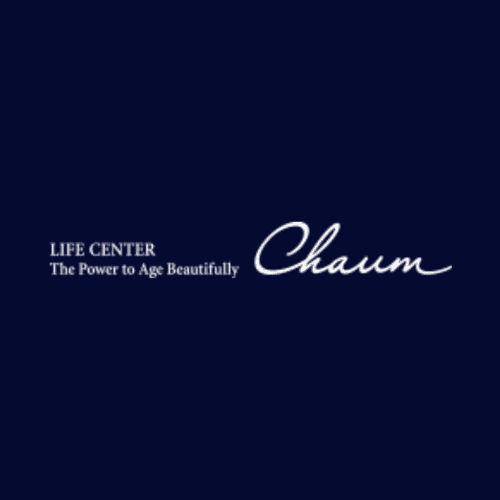
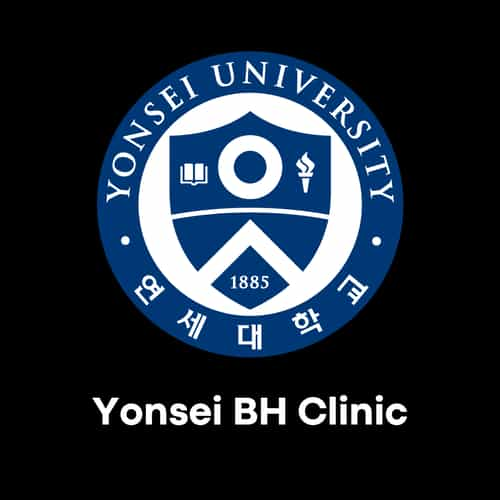
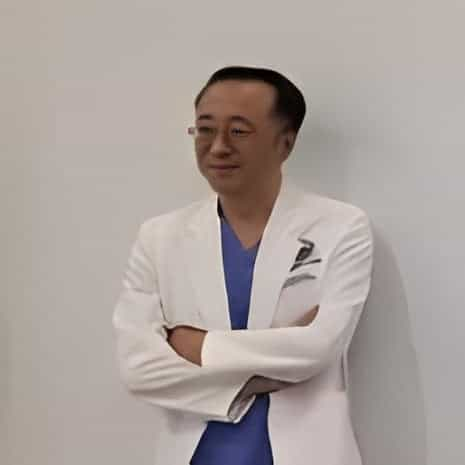
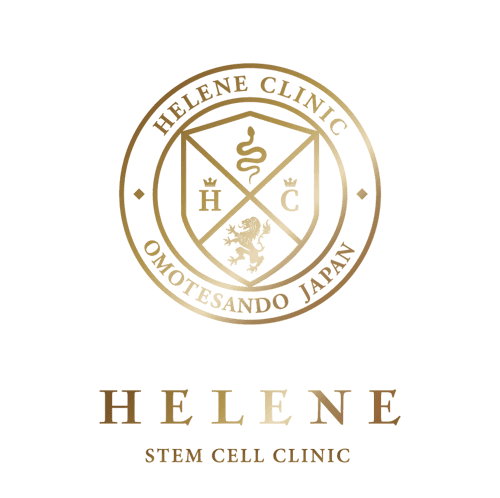
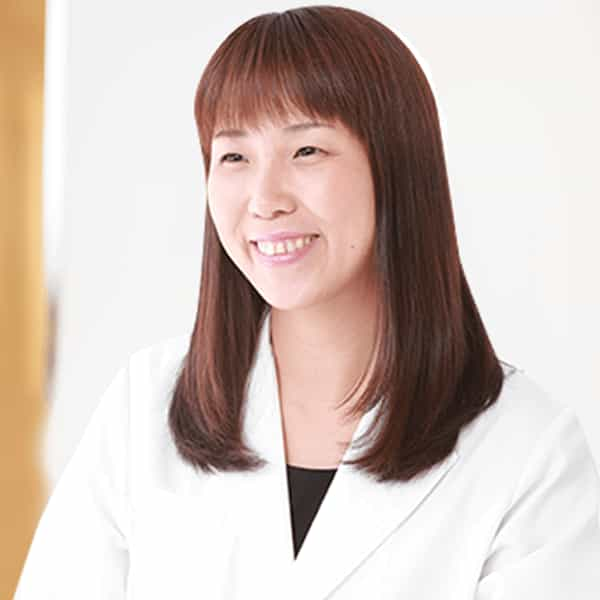
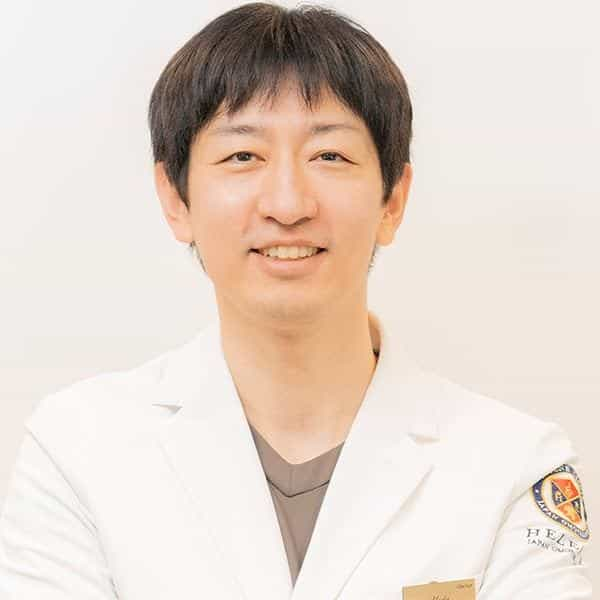
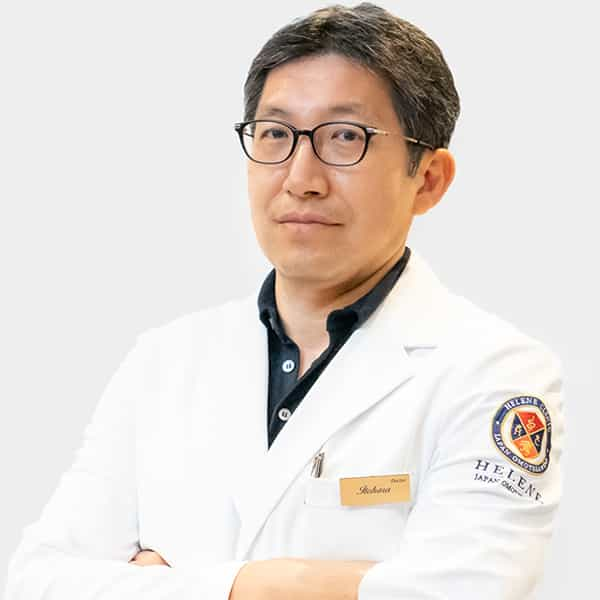
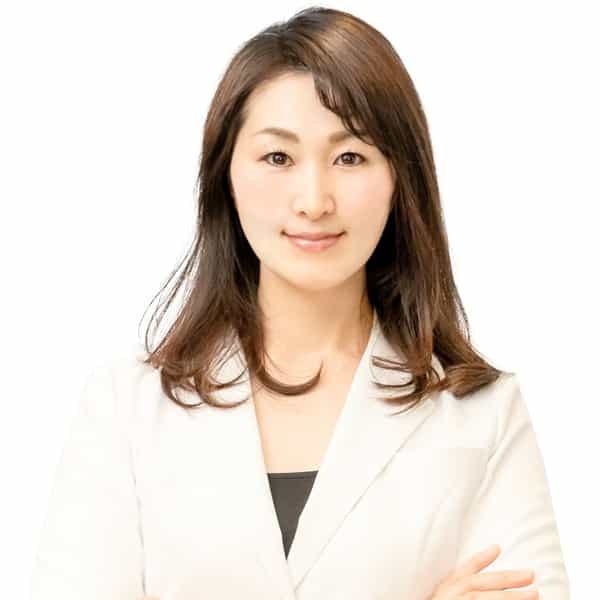
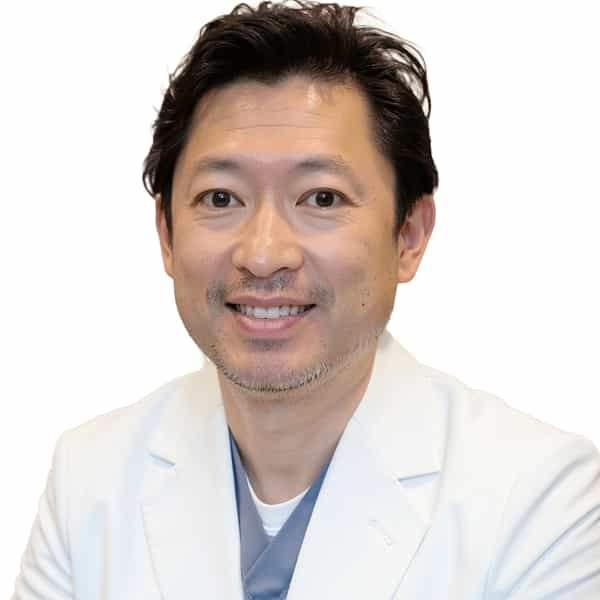
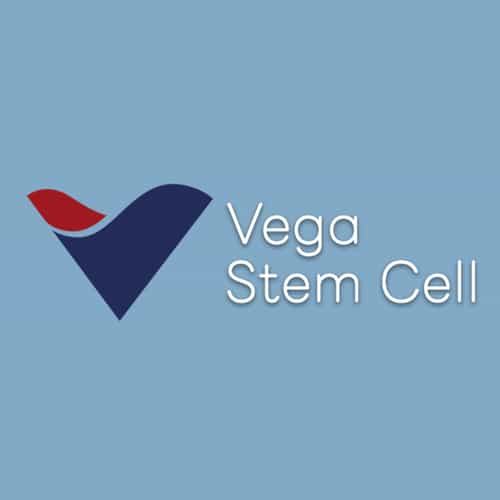
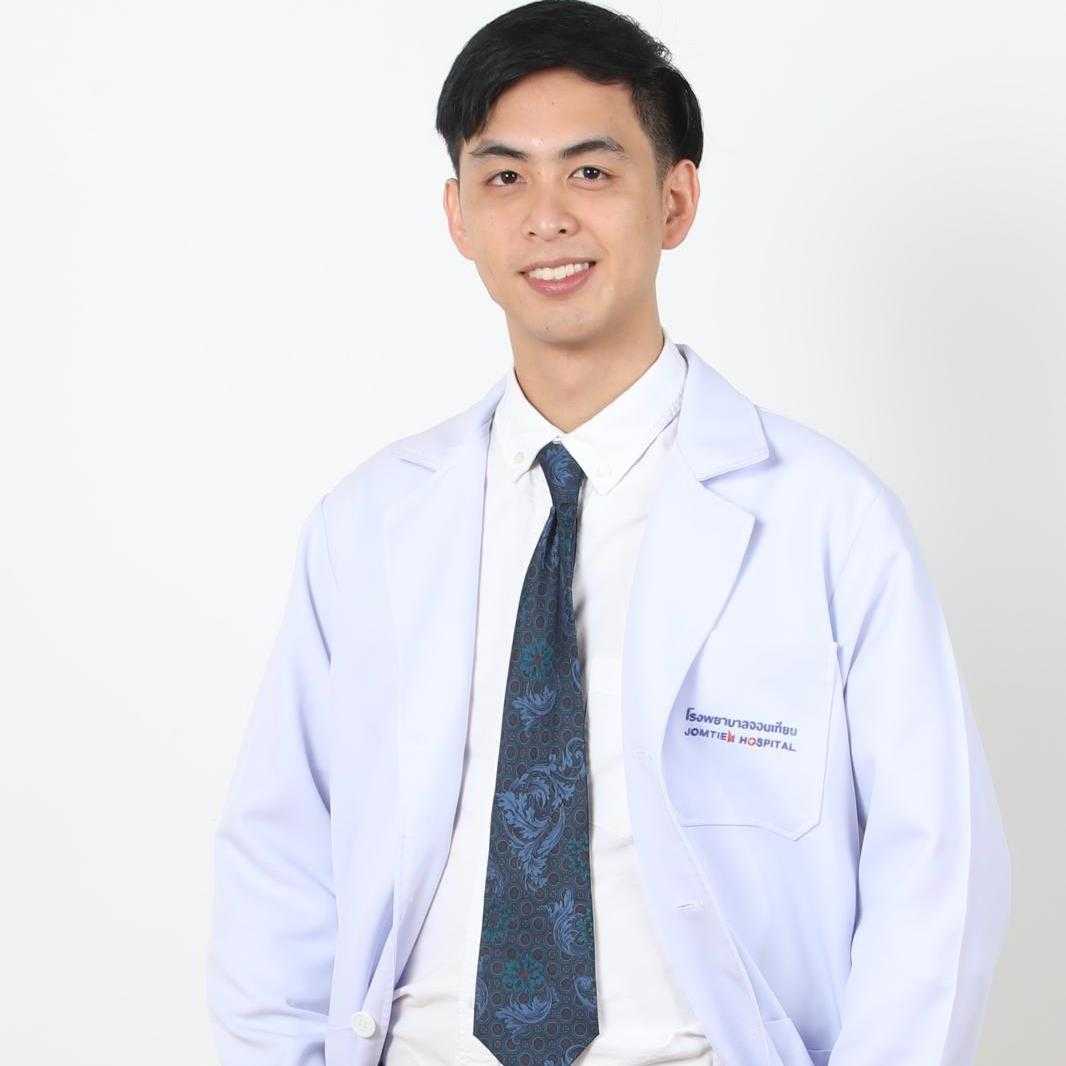
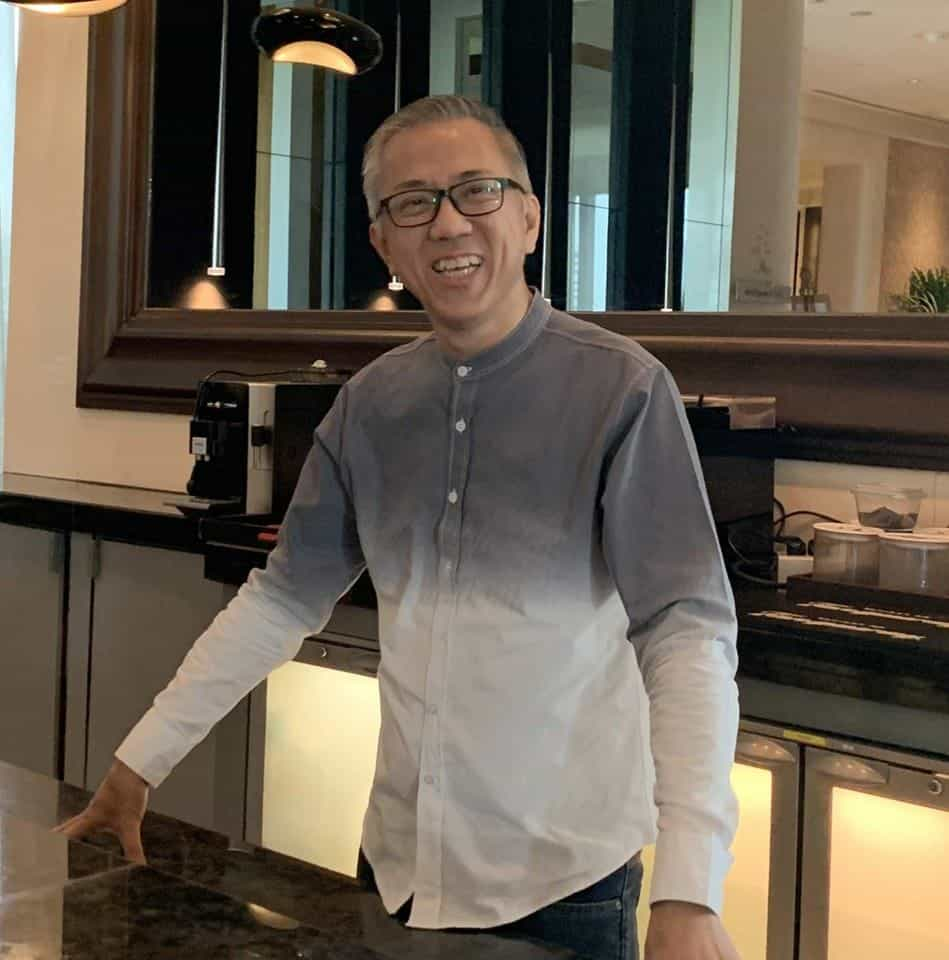
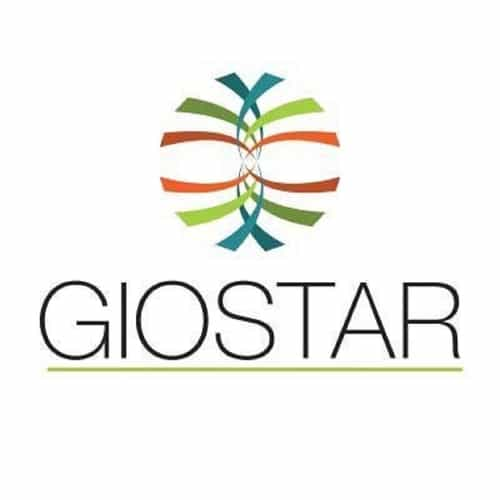
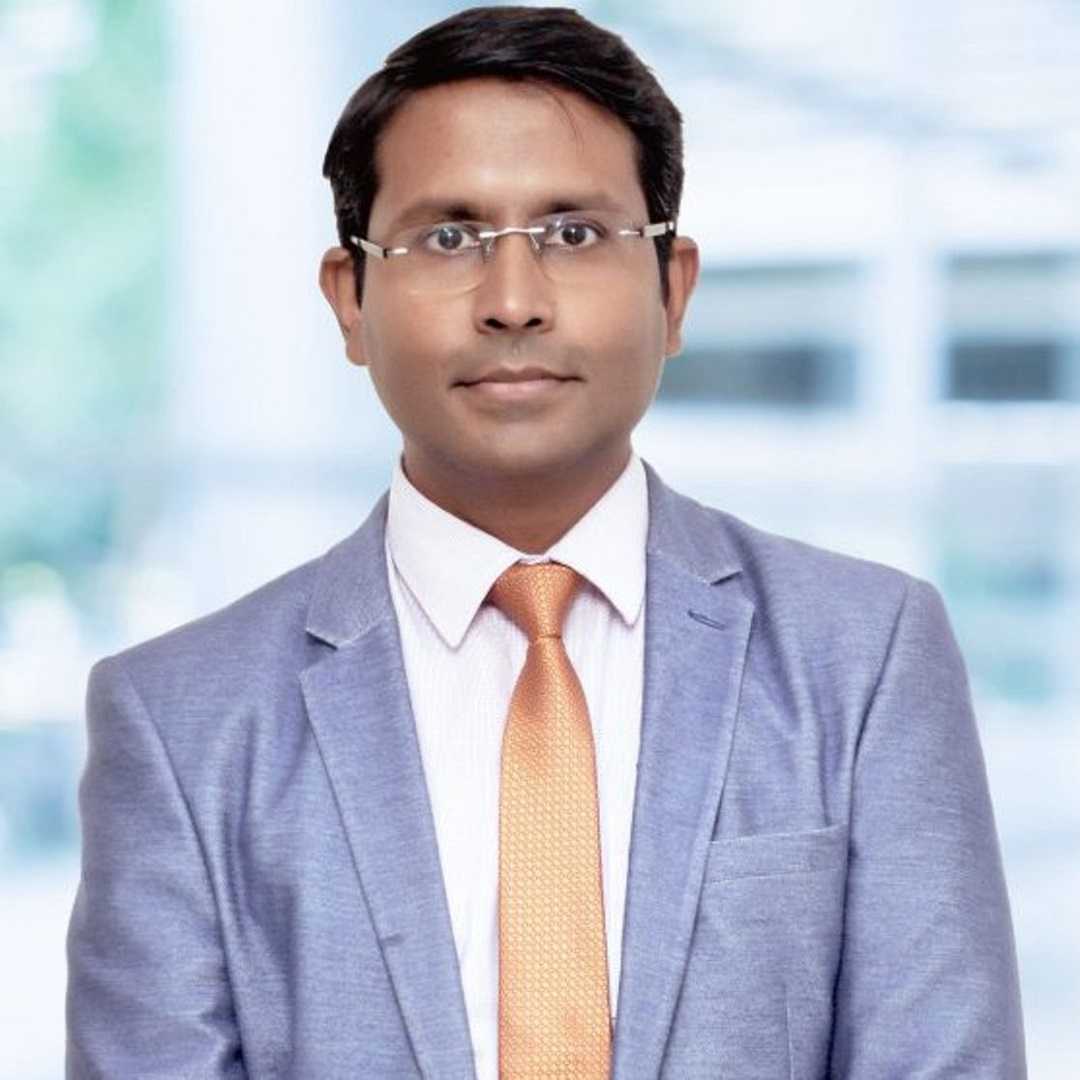

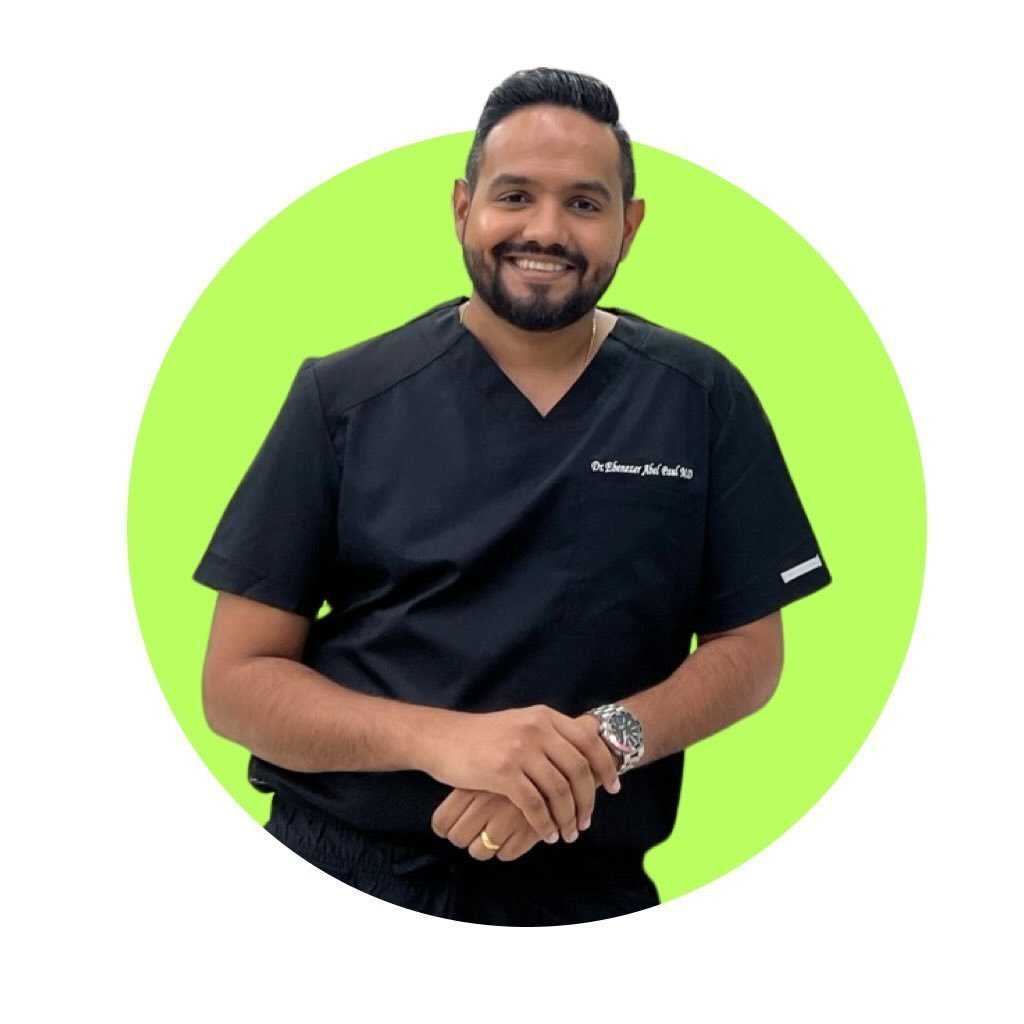
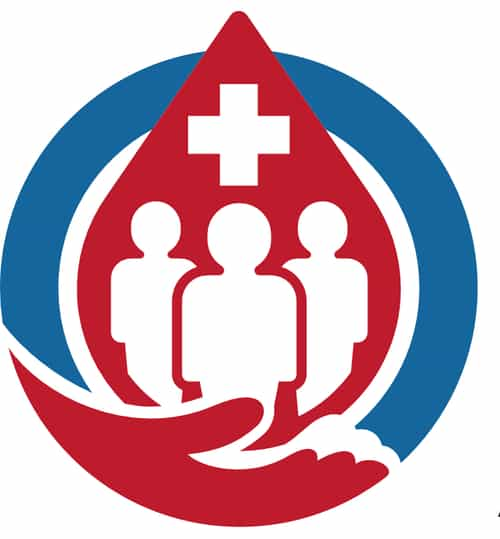

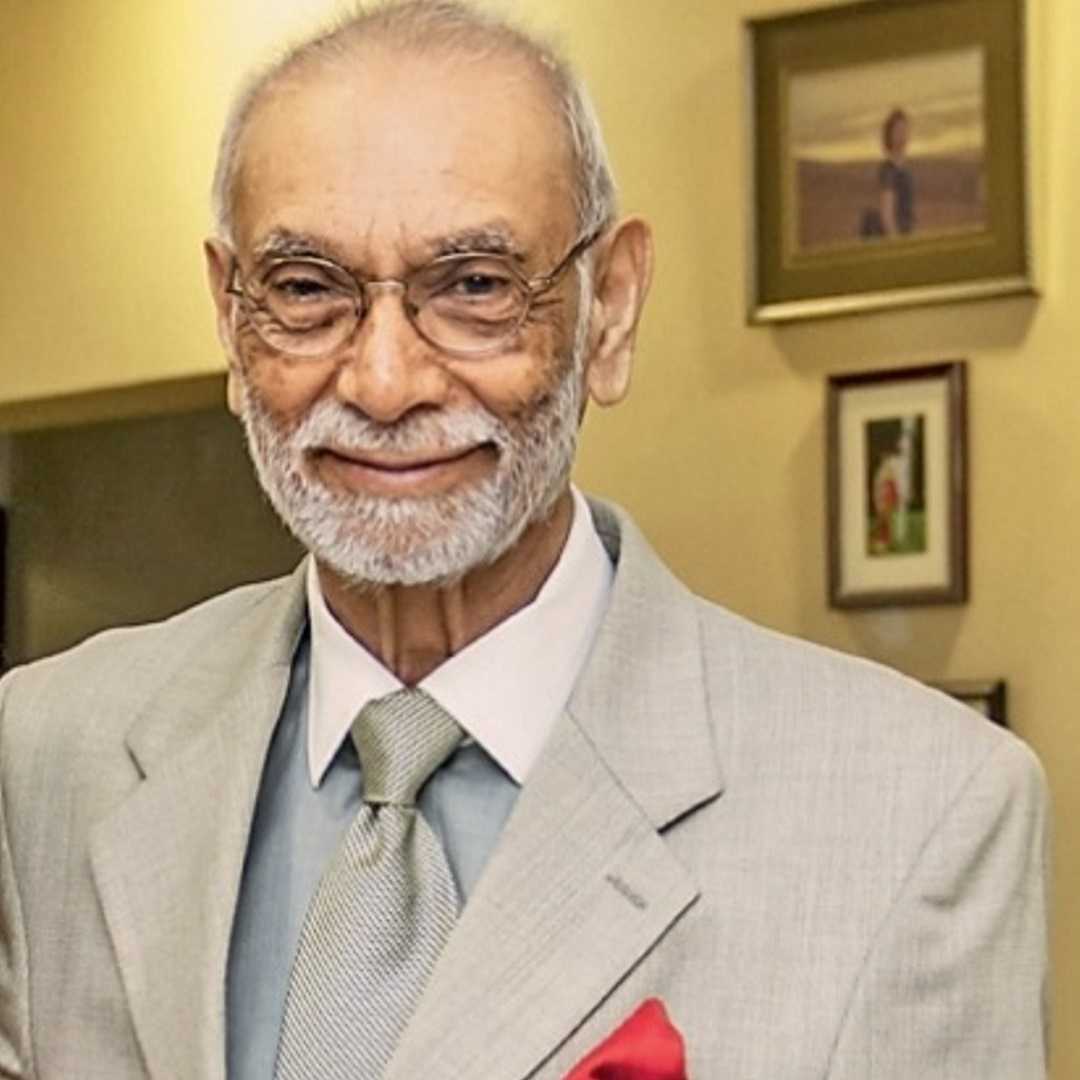
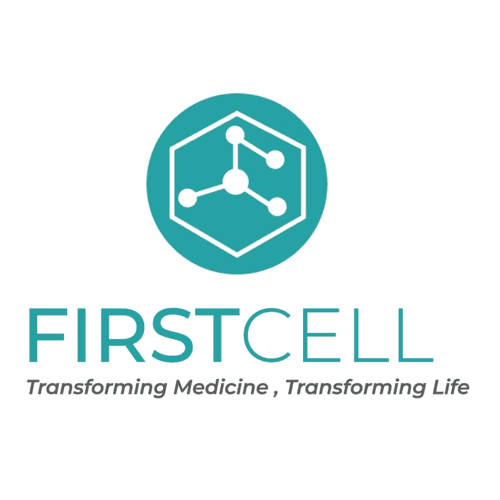
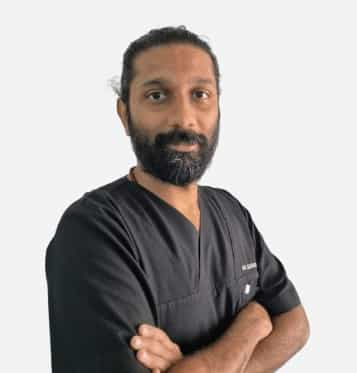
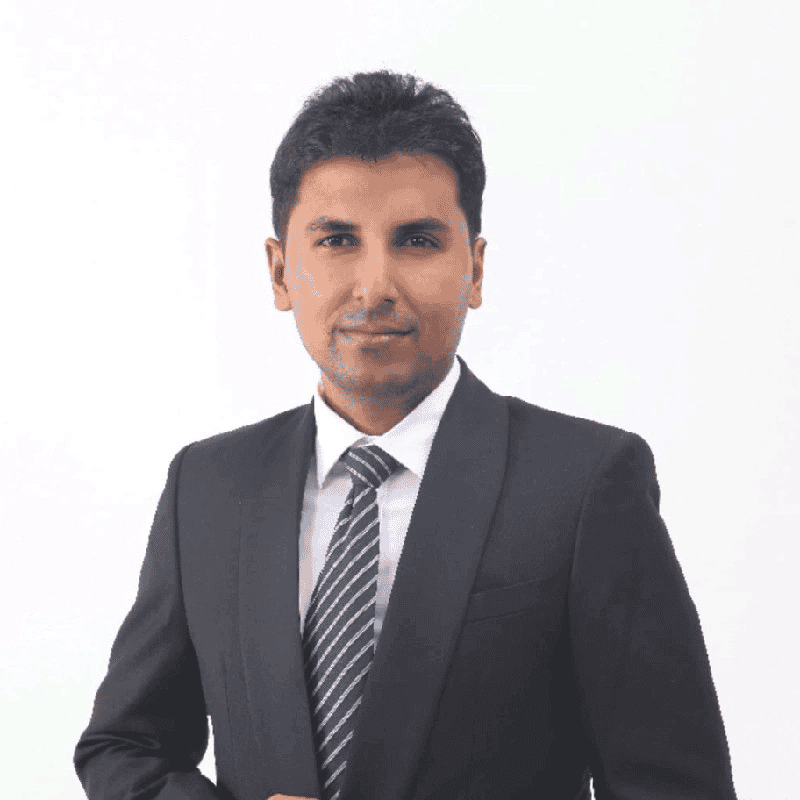
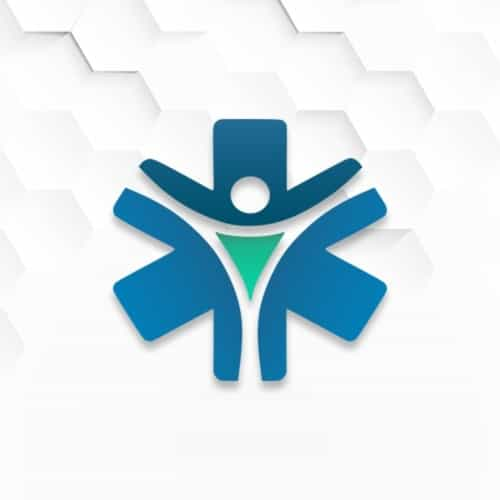
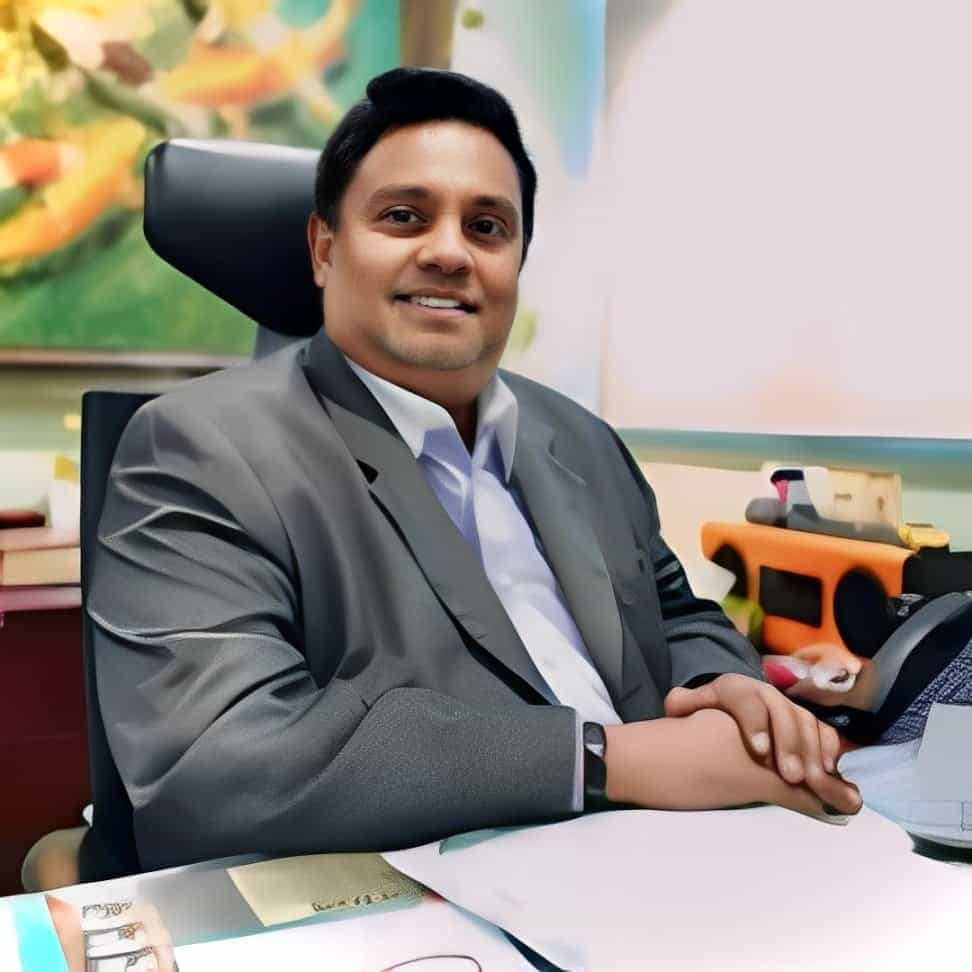
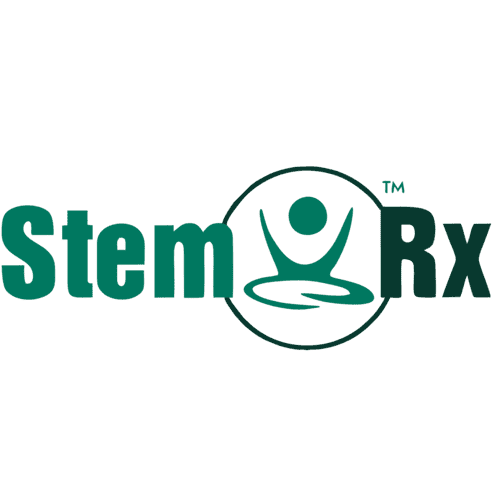
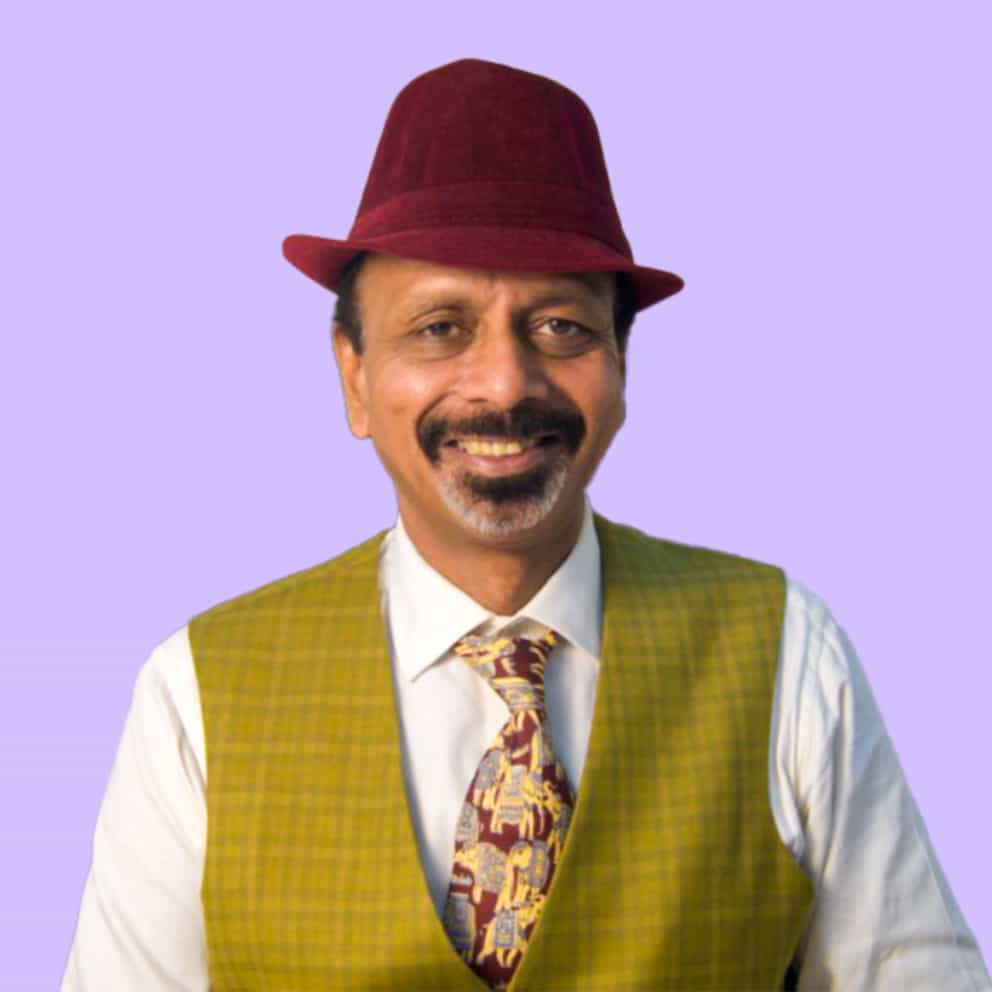
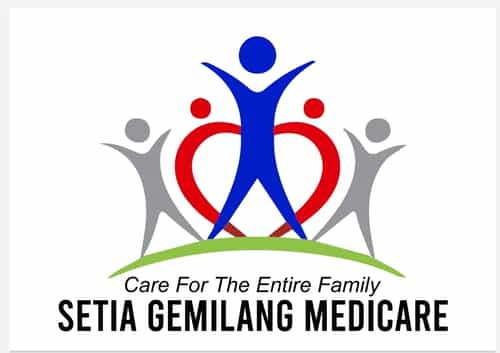
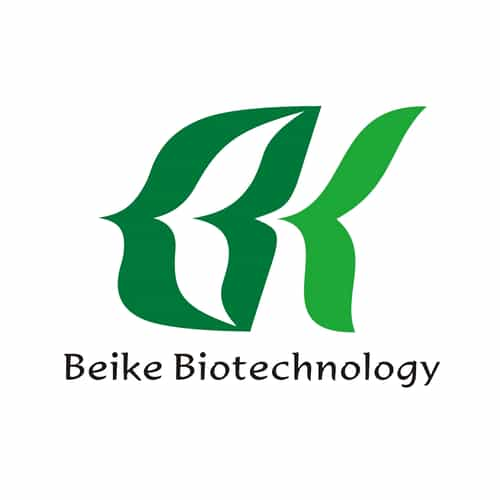
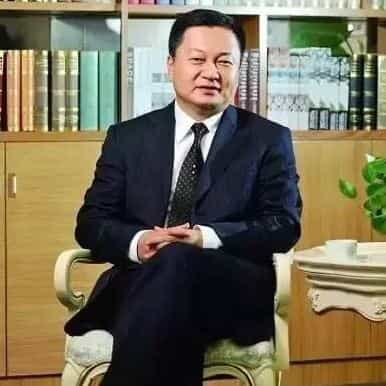
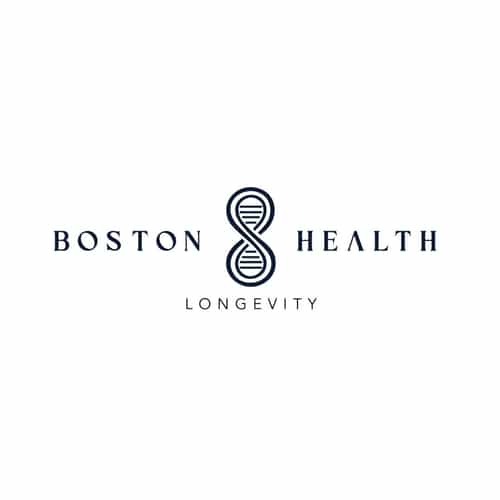
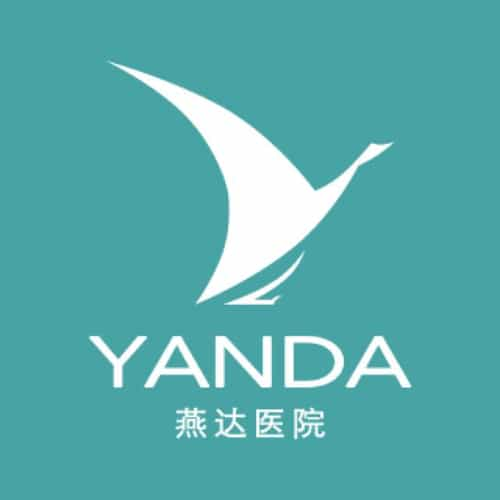
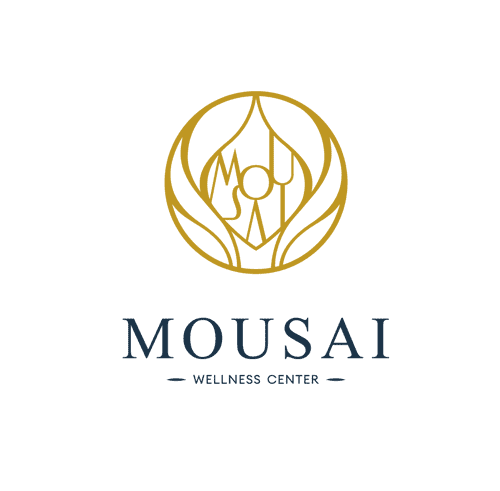
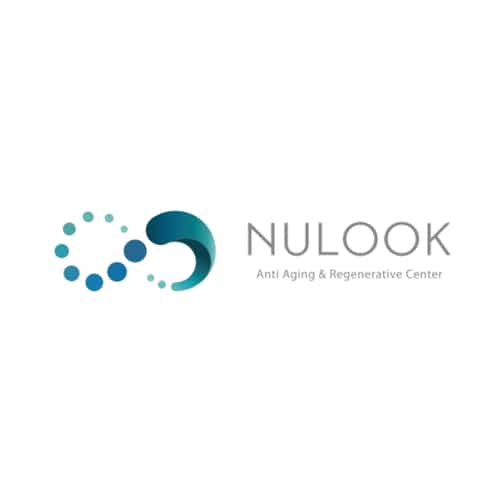
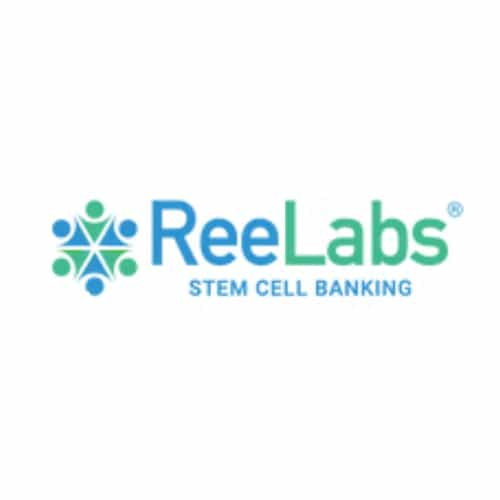
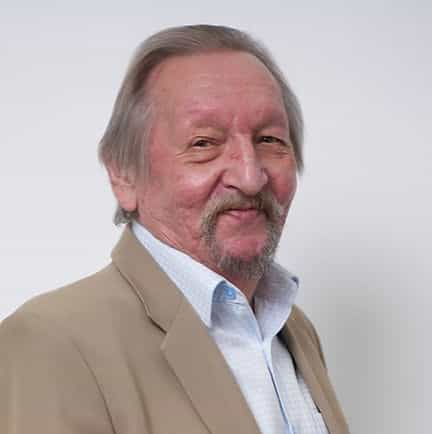
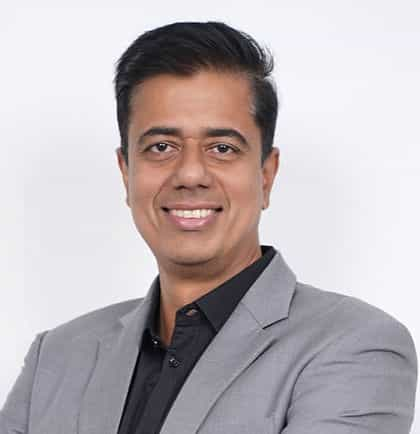
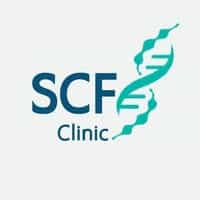





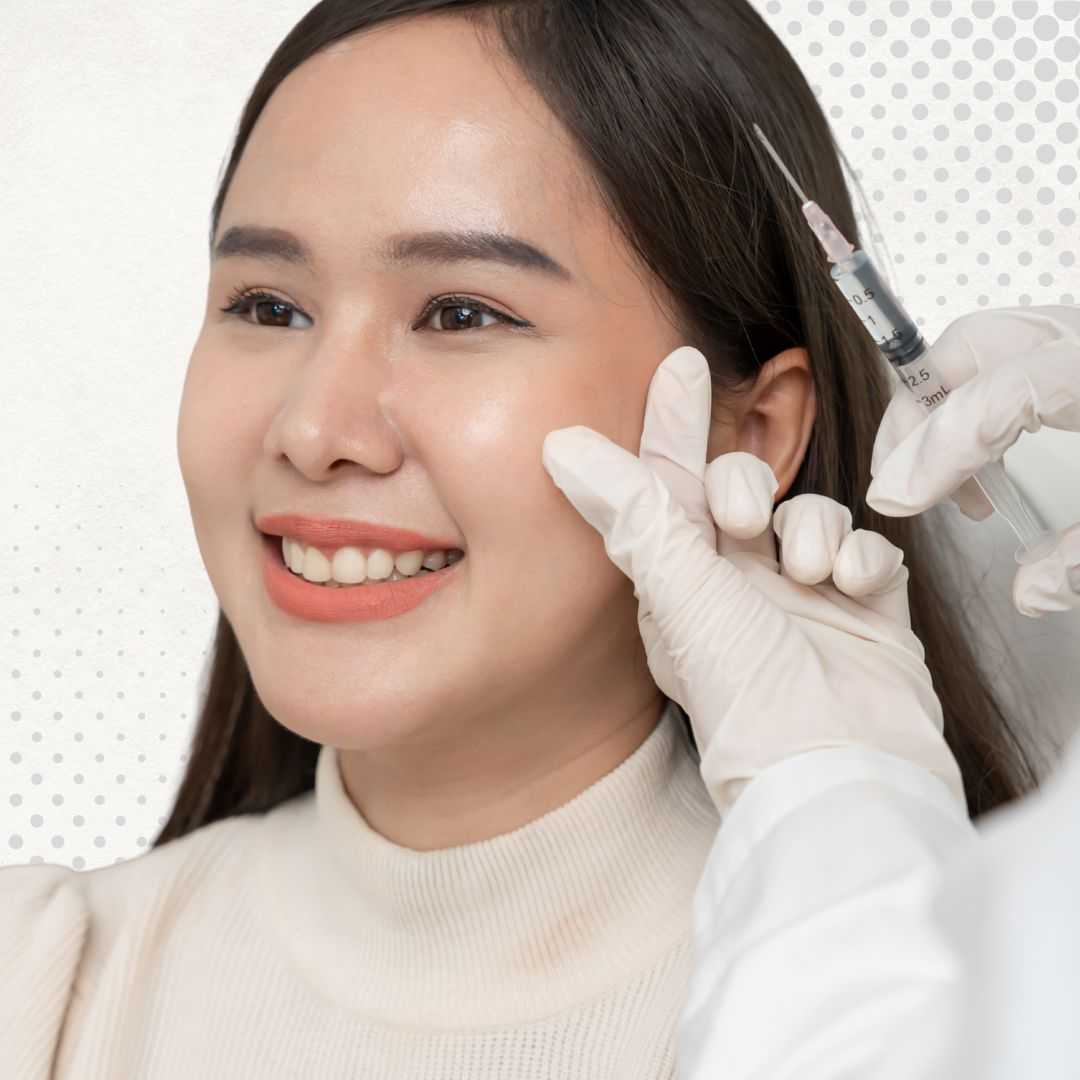




Hospital attended by rich people in Cheongdam-dong, Gangnam
Read More